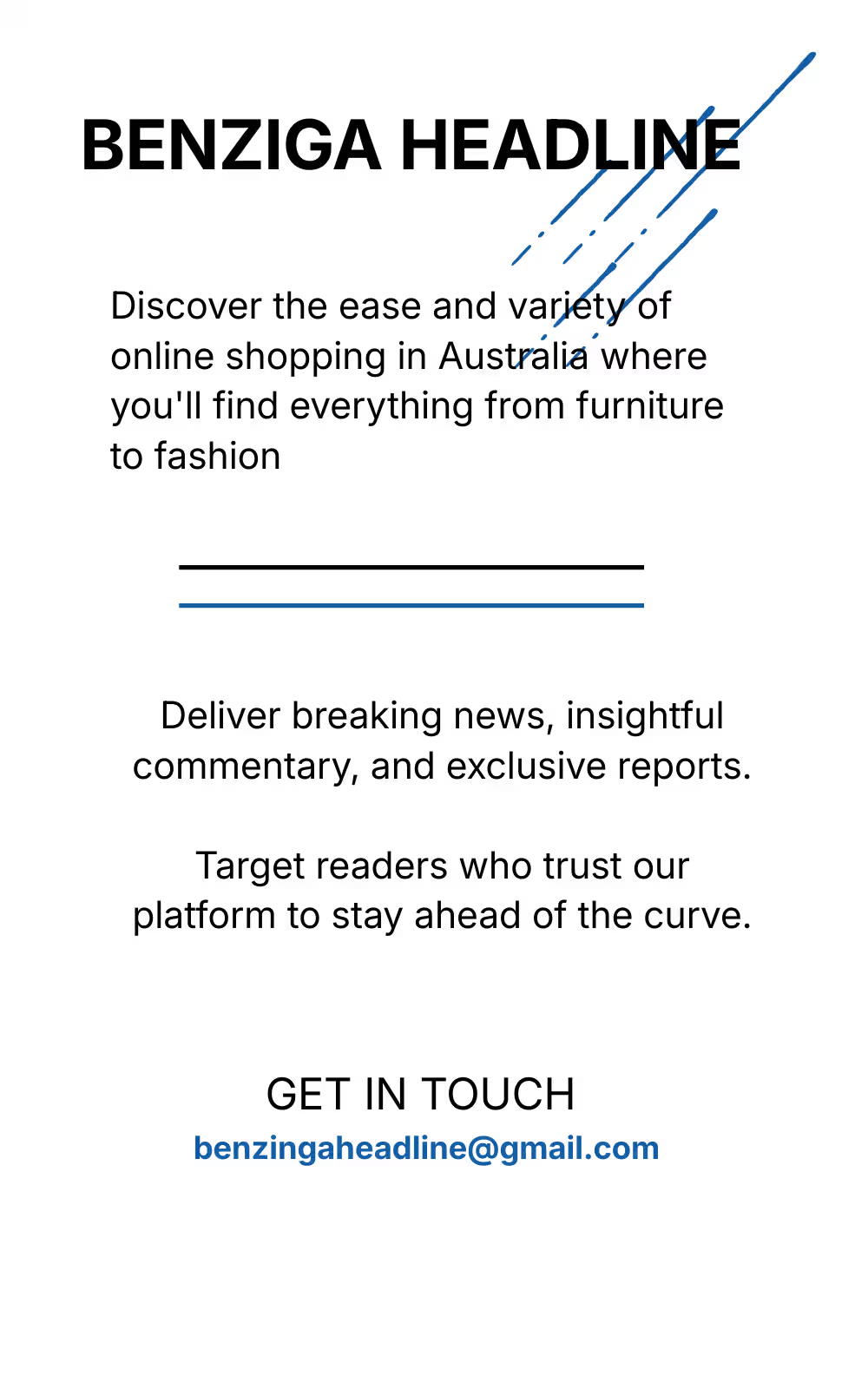CRF recently published a report entitled ‘Permanent Flexibility: reimagining remote working post-covid’, and I wanted to share one part of it. The coronavirus crisis has provided organisations with the opportunity to rethink their physical workspaces and the work that happens there. At the outset of the crisis, it may have been a logical assumption that things would return to normal after the pandemic subsided. However, such a prolonged period of working from home has expedited the gradual trend towards hybrid remote working and sparked a rethink of the work that happens when colleagues come together in offices.
Over the past year, organisations have undergone the unique experience of being pushed into a remote working scenario, exposing both the benefits and risks firsthand. “One of the positive things about the Covid-19 experience is the people who had been less positive [about remote working] changed their attitudes to say we can make this work,” said Faye Farrant, Head of Talent and Inclusion at Schroders. The multinational asset management company was quick to establish its response to the new world of work, and in August of last year introduced a new set of guiding principles for flexible working. The principles replace the formal, flexible working policy for those employees who want a more adaptable approach. Instead of making a contractual agreement, employees can now agree on flexible working patterns with their managers without having to justify their reasoning, as long as it doesn’t impact the outcome for the client.
“In a pulse survey in May, we asked what’s the one thing you want to hold on to when we go back to business as normal – 80% of the 1,200 comments we got back contained the word flexibility,” explained Farrant. “The guidelines we developed give people a framework to have the conversation with their manager around what they want to do, and what might work for them, and recognises that everyone is different.”
Schroders is not alone in this approach. Companies including Facebook, Twitter, and Hitachi have announced plans for greater remote work among their employees, and Morgan Stanley and Mondelez have said they will be using hybrid models going forward. Of course, the potential for home working is limited to a handful of industries, occupations, and geographies. A recent global study by McKinsey found that half of the global workforce has little or no opportunity for remote working. The finance, management, and professional services sectors have the highest potential for remote work, whilst those in industries such as agriculture, retail, manufacturing, and construction are understandably limited in the work they can effectively perform from home.
As a result, remote work is better suited to advanced countries. The UK has the highest potential globally, closely followed by Germany, America, Japan, France, and Spain. UK businesses look set to take advantage of this – ONS data suggests almost a fifth (17%) of businesses intend to use increased homeworking as a permanent business model in the future.
From an employee perspective, much of the workforce has grown accustomed to the flexibility that remote working has provided, and surveys suggest more than a quarter of employees expect to spend more time working from home once the pandemic has subsided. A trend towards more permanent and personalised flexibility that was already occurring has accelerated. Mercer’s 2018 Global Talent Trends Study found that, prior to Covid-19, over half of all employees wanted their company to offer more flexible work options citing reasons including reducing work-related stress, increasing productivity, providing support for health, and finding a better work-life balance.
In the Covid-19 reality, employees have had very differentiated experiences of homeworking due to factors including living arrangements, caring responsibilities (for children and the elderly), and physical and mental health. The pandemic has lowered the waterline: organisations are now more aware of their employees’ personal situations, and employees have a clearer picture about what they need from a workplace environment. Therefore, the future of work looks much more personalised.
As such, infrastructure business HS2 has approached its future of work programme as a “culture exercise”, HR Director Neil Hayward explains. “There is very little work we can identify where we think somebody has to spend five days a week in an office environment,” Hayward said. “Instead, we’re heading towards the blend of the individualised contract, choices around how and where you work, with minimum rules from the company and specific reasons why we want some work to be done in an office from time to time.” He adds: “It’s about listening to the individual and asking, ‘how can we make this work best for you and us, not just us?’. How and when you come into the office will be very much led by the employees’ choice. We would never have reached that level of more radical thinking and flex if we’d not proven that it works during this year of Covid-19 response.”
The post "A Hybrid Remote Future" was first published by Nick Holley here https://www.linkedin.com/pulse/hybrid-remote-future-nick-holley/
About Nick Holley
Contact me at nick@nha.uk.com
How can I help you?
• Translating strategy into performance - I have worked with organisations, teams and individuals to turn strategy into action.
• Building the capability to perform - I can help define the capability your business will need and implement plans to fill the gap.
• Developing high performing leaders - I bring extensive experience of developing leadership at every level of an organisation.
• Transforming HR - I have supported HR teams and leaders as they become a business focused high performing function
I bring a unique background that combines experience as an army officer, ten years as a successful futures and foreign exchange broker and sixteen years in senior organisational, leadership and people development roles in large global organisations. In the last fifteen years I have worked with over 100 organisations in 40 countries as well as researching and writing about key trends in this space.

